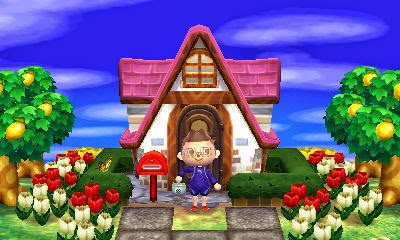In David Harvey. A
Brief History of Neoliberalism, he states that: "According to theory,
the neoliberal state should favour strong individual private property rights,
the rule of law, and the institutions of freely functioning markets and free
trade." The rights of the people to obtain their share of the wealth in
the economy are something they shouldn’t have to fight for. In the pyramid of
capitalism, it’s supposed to have a large group of individuals who are owners
and there is a small amount of labor. While it sounds nice in theory, the
possibility of that happening in real life is nearly impossible.
There are too many ins and outs for companies to make money
rather than bring it back to the masses. The jobs are sent to outside of the
country and foreigners do the labor for a much lower cost. This allows companies
to make a bigger profit but at the same time, there are fewer jobs for
individuals in their country.
It doesn’t even need to be outside the country. When
migrants enter the country, they are often willing to work for much less than
what others will. Companies exploit their weakness and need to money. The “Trickle
down theory” isn’t going to happen.
In our current culture, there is a great emphasis on owning
your own property. “Be a man and own things!” Nevermind that being a “male” has
nothing to do with anything. There is an assumption that you aren’t independent
if you don’t have your own home. With America being the country of the “free”,
the pressure to be “all that you can be is heavy upon people’s shoulders. This
sort of thought process is engrained in the minds of the people. It’s even seen
in games that their children play.
The popular game “Animal Crossing: New Leaf” is a Nintendo
3DS game where the player assumes position of being the mayor of a town. When
he moves in, he or she is to find a location to build their home. Now this
sounds cute but as you continue, you realize there are many very adult aspects.
The very first home you get is a tent. For the low price of
10,000 bells (the currency), you get this humble abode. It’s literally just a room with a lamp (which
you receive as a present). If you want to actually have a real house, you have
to go to the mall center and Nook Homes building to pay off a down payment of
39,800 bells.

The play must balance the responsibilities of the upkeep of the town while slowly making money through selling items (which can be found
randomly or in events) in order to expand their home. With each expansion,
either the rooms become larger or there are added rooms to the house.
The first expansion after having Nook build your home is 98,000 bells. The rooms are bigger and the exterior has changed.
The player is given an incentive of making their house look nice; the Happy Homes Academy investigates the home (in the wee morning hours) and gives it points and a rating. With better ratings, more designs are made available and they also give awards for reaching certain levels.
This whole situation can be related to real life. How people are expected to make money to obtain their own home. Then there's the aspect of maintaining their home and even expanding it.




No comments:
Post a Comment